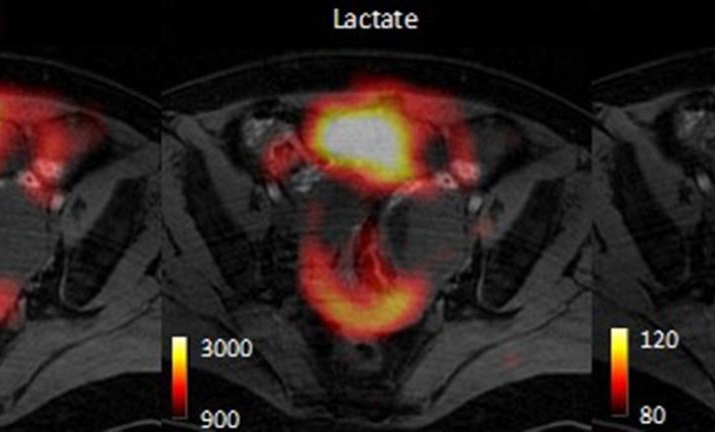AI Software Uses MRI Scans to Automatically Segment Key Brain Structures for Improved Radiation Therapy Planning
Posted on 04 Sep 2024
Advances in radiation therapy have led to significant innovations in the treatment of brain tumors in children, focusing on precision to minimize damage to surrounding healthy brain tissue. However, radiation therapy poses risks, particularly in sensitive areas like the brain, where it can lead to long-term cognitive effects affecting memory, learning, and attention. These side effects can present significant challenges years after treatment. Although current methods can precisely direct radiation to the tumor while sparing critical brain substructures, identifying these areas is crucial. Now, a new artificial intelligence (AI)-based technology aims to revolutionize the planning of brain radiation therapy and enhance treatment outcomes for pediatric brain tumor patients.
Investigators at Children's Hospital Los Angeles (CHLA, Los Angeles, CA, USA) are collaborating with radiation oncology software company Voxel Healthcare (Marina Del Rey, CA, USA) to jointly advance the company’s AI-driven clinical decision support product, ClickBrain RT. While traditional brain tumor radiation treatments aim to minimize exposure to healthy tissues, AI can enhance the precision of these treatments, marking a shift toward improved long-term health outcomes. Voxel’s ClickBrain RT utilizes an AI model that segments the brain into critical substructures affecting cognition, particularly in children. This model is trained on hundreds of MRI images annotated by neuroanatomy experts.

Despite the potential of radiation oncologists to understand complex brain substructures, standardized research on optimal dose tolerances for these specific brain areas is lacking. Such detailed dosage guidelines exist for organs like the kidneys and heart but have not been established for particular brain regions. The collaboration between CHLA and Voxel aims to develop ClickBrain RT not just to automatically segment crucial brain areas but also to provide clinical decision support regarding dosage, considering factors such as the patient's age, chemotherapy regimen, and the type, grade, and location of the tumor. To train the machine learning algorithm, the team will use demographic and neuropsychological data from pediatric brain tumor patients previously treated with radiation, linking specific radiation doses to their long-term impacts. The goal is to advance and validate this technology for widespread use among radiation oncologists, offering hope to children and their families that they can receive effective tumor treatment without experiencing long-term cognitive effects.
“When you cure an 8-year-old patient of their brain tumor, you want to give them the best chance of living the next 70-plus years of their life as healthily and as independently as possible,” said Arthur Olch, PhD, Chief of Physics in the Radiation Oncology Program at CHLA.
“Our main purpose at Voxel Healthcare is to give children a higher chance of reaching their full potential,” said Natasha Leporé, PhD, CHLA brain imaging scientist and co-founder and CTO of Voxel. “We’re excited to work alongside CHLA investigators to achieve this important goal.”
Related Links:
CHLA
Voxel Healthcare














